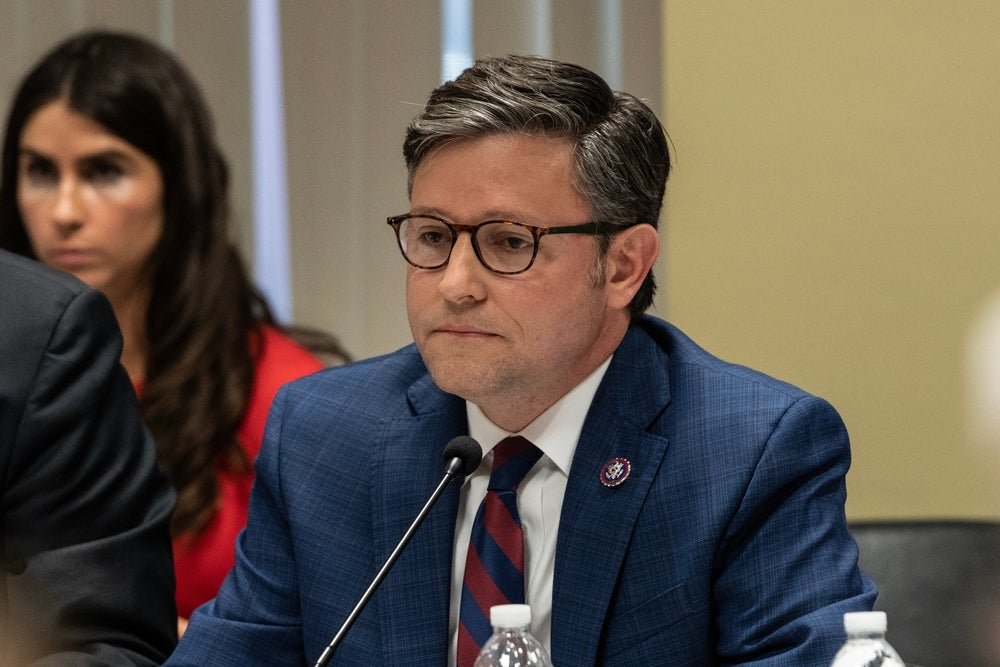The Ultimate Fighting Championship (UFC) has made a significant move by officially removing marijuana from its list of banned substances for professional fighters. This decision follows a 2021 policy that already minimized penalties for THC, the psychoactive component in cannabis. The change aligns the UFC with evolving findings and regulations regarding cannabis use in sports.
The shift in the UFC’s anti-doping policy demonstrates the organization’s commitment to progressiveness. Hunter Campbell, the UFC’s chief business officer, stated that their goal is to have the best, most effective, and most progressive anti-doping program in all of professional sports. This latest policy revision is a notable change in how cannabis is treated within the combat sports industry.
The updated anti-doping program, effective December 31, includes a partnership with Drug Free Sport International (DFSI). Jeff Novitzky, UFC’s senior vice president of Athlete Health and Performance, emphasized that the updated program is the result of extensive input and experimentation. It is designed to adapt to evolving science and provide better protection for athletes.
The UFC’s decision reflects a broader trend in sports organizations modifying their marijuana policies. The National Collegiate Athletic Association (NCAA), National Basketball Association (NBA), and Major League Baseball (MLB) have also revised their stance on cannabis. The NBA, for example, permits players to invest in and endorse cannabis brands under specific conditions.
Even the National Football League (NFL) altered its drug testing policy in 2020 and has since supported research on CBD as a potential pain treatment alternative to opioids.
While there is a growing acceptance of cannabis and its derivatives in professional sports, the World Anti-Doping Agency (WADA) still maintains a ban on cannabis. WADA cites concerns about the spirit of sport and athlete role models. This ban remains in place despite the controversy surrounding the suspension of U.S. runner Sha’Carri Richardson from the Olympics in 2021 due to a positive THC test.
Critics argue that WADA’s ban on cannabis is outdated and does not align with the changing societal and regulatory landscape regarding cannabis use. However, the progress made by organizations like the UFC indicates that there is a shift towards a more open and accepting approach to cannabis in professional sports.
As more research emerges and public opinion evolves, it is likely that cannabis policies in professional sports will continue to adapt. The UFC’s decision to remove marijuana from its list of banned substances is a step in the right direction, promoting a more inclusive and informed approach to athlete well-being.





